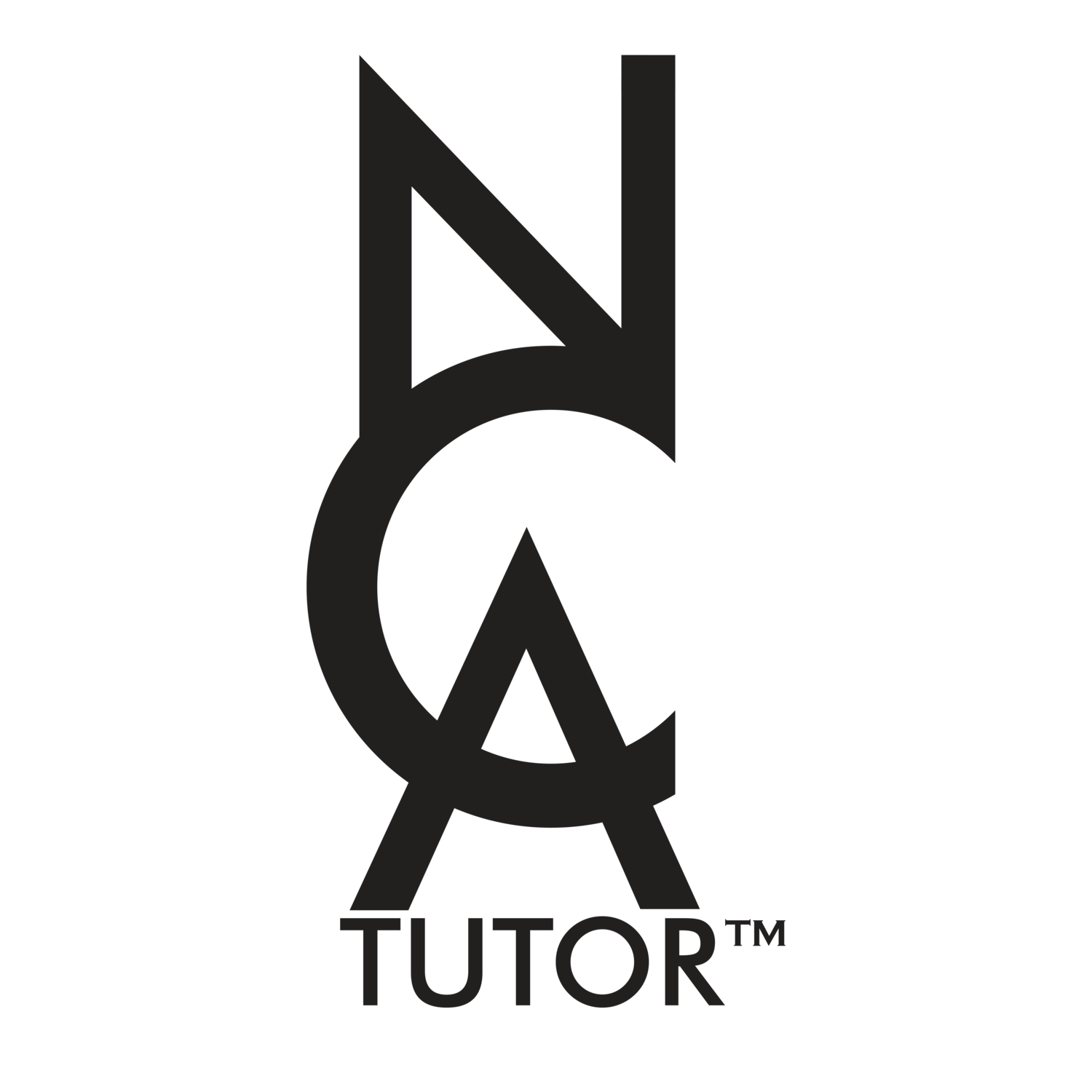NCA Grad Tips: Canadian Evidence Law Exam Tips
Hello to all of you enrolled in or considering the Canadian Evidence Law exam as an NCA elective. In today’s blog I’ll outline my experience with and tips for taking the exam which will hopefully help you make decisions around your electives and/or preparation for the exam.
Initial Thoughts
I always had an interest in Evidence Law and never got an opportunity to take it during my LL.B studies. So, I decided to try my hand at the subject during my NCAs. While it may seem like a very daunting subject with a lot of technical nuances to master, the NCA exam itself is fairly straightforward as long as you study carefully. Take your time studying for this one; it is worth mastering all the rules, exceptions and some of the procedural elements of the subject.
Why Take This Exam?
If you are aiming to be a litigator later in your law career, knowing the rules around evidence will be incredibly useful. It’s also a very interesting subject for those with any interest in criminal law (though there is a fair bit of civil evidence on the exam as well).
Difficulty and Key Focuses
The exam itself is not terribly difficult. It is mostly multiple choice or true/false questions with a few short answers asking you explain your choices in previous questions. Generally there are around 100 questions or slightly less so you have plenty of time to complete the exam within the time allowance; personally, I was done answering all the questions in less than an hour and had time to review all my answers carefully before I was permitted to leave the exam hall (no one can leave before the first 60 minutes are up!).
Studying for the exam can be quite daunting, however. Take your time to ensure you understand the technical nuances of more complex areas like hearsay and circumstantial evidence. Given the quantity of questions on the exam, everything on the syllabus is fair-play so it’s not really possible to say that some sections are more important than others. What is important is ensuring you have an in-depth understanding of how the various types of evidence work and are admissible as the multiple-choice and true/false questions can home in on quite small details.
Lastly, don’t forget about civil law cases! I can be quite easy to get caught up in the evidentiary rules for criminal cases as they are certainly more interesting and complex, but you shouldn’t neglect the civil side of evidence law. While the rules are usually simpler and the threshold for evidence is lower in civil cases, it’s worth understanding where the two diverge. If I were to estimate, I’d say my exam was comprised of about 30 - 40% civil law related questions with the rest being criminal focused.
Things to Look Out For
The multiple-choice sample questions on the NCA sample exam are quite helpful for preparation as they give you a feel for the level of detail required and the way the questions are presented. Certainly use these to test your self and practice before the exam. You’ll also note, some questions present a choice of cases and you are expected to select the one that addresses the questions or contains the principle stated. For these, it can be quite helpful to have a case list organized both alphabetically and by subject.
As I said above, everything on the syllabus is fair play. However, hearsay and circumstantial evidence can be tricky subjects so certainly spend some time there; but before you jump into these more advanced rules of evidence, ensure you fully understand witness credibility and the basic rules of admissibility as key to foundational knowledge. Also understand the differences between opinion evidence and witness evidence and don’t confuse the two!
Finally, be sure you understand the nuances for evidence in sexual-assault cases, where the normal rules of evidence are sometimes re-balanced to ensure all parties are protected appropriately. Particularly, read R. v Barton in full to understand the concerns around prejudice that certain types of evidence can create in sexual assault cases.
Resources
One of the most valuable resources for me was Peter Sankoff’s evidence law videos! Professor Sankoff teaches evidence law at the University of Alberta and makes the subject very accessible through his animated, narrative videos. These videos are particularly helpful for tricky areas like hearsay as he gives examples you can relate to.
If you click here, you’ll also find the alphabetical case-listed I used in the exam as some mind-maps around witness credibility and admissibility for your review!
Happy Studying!
- Tiffany

